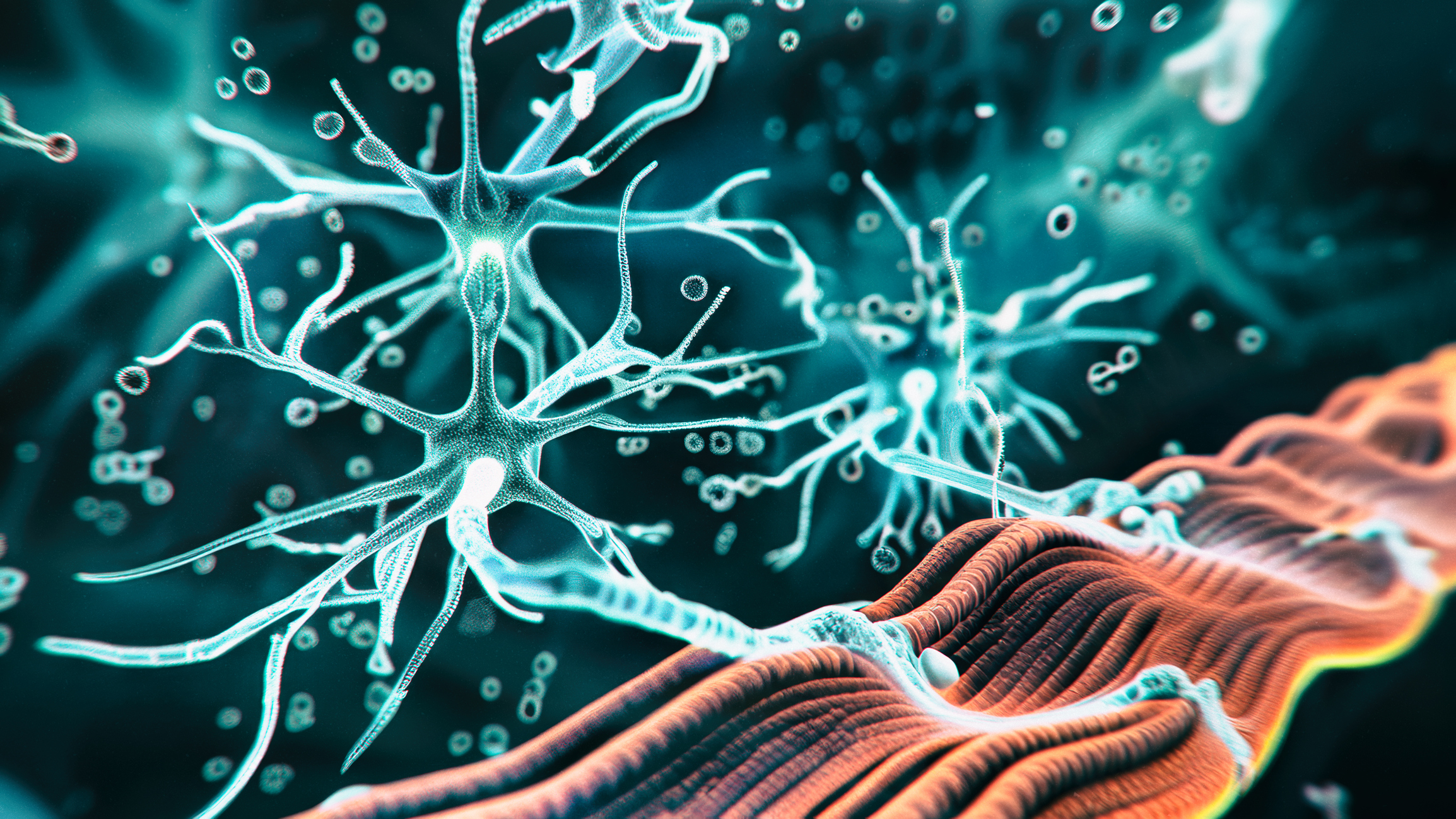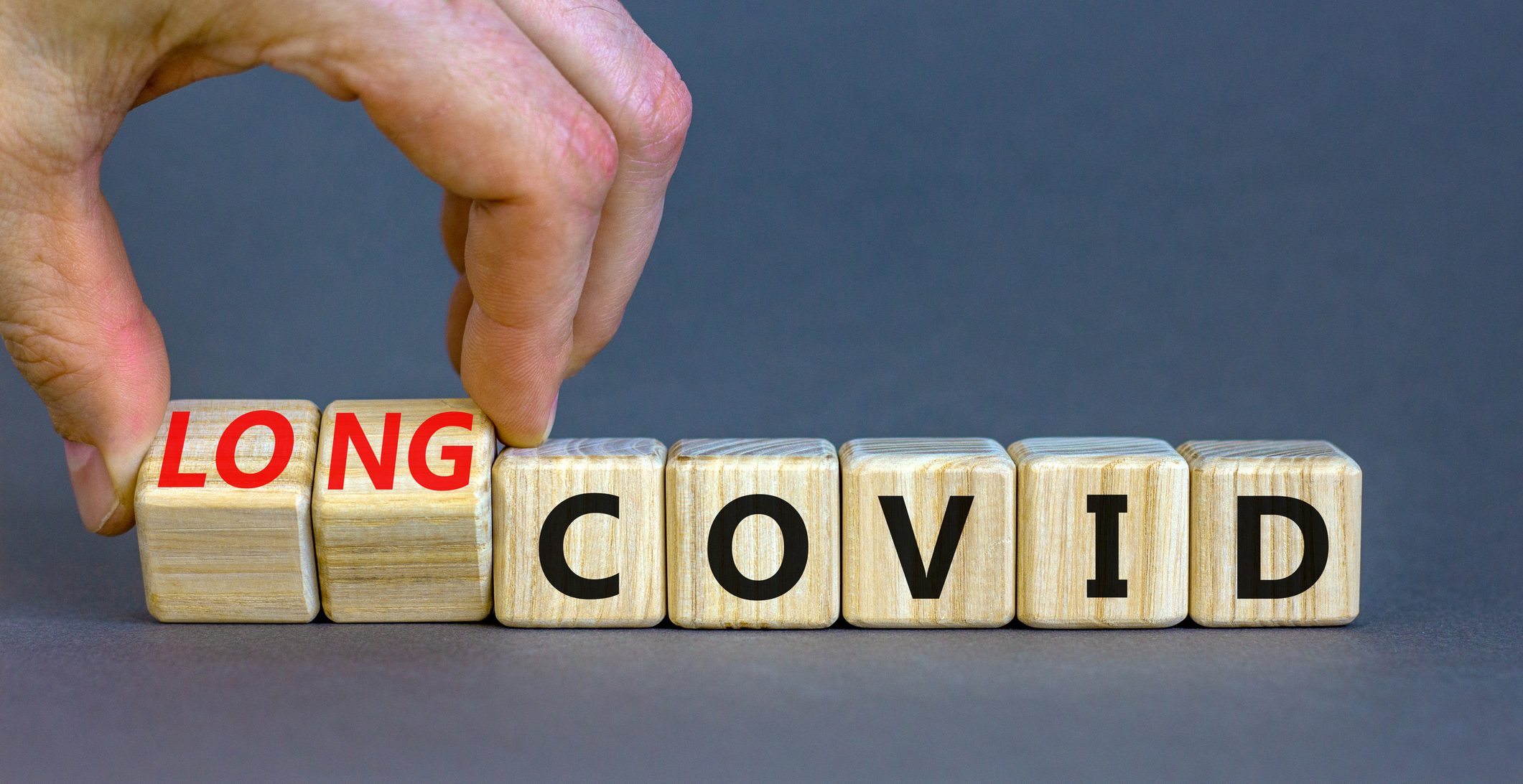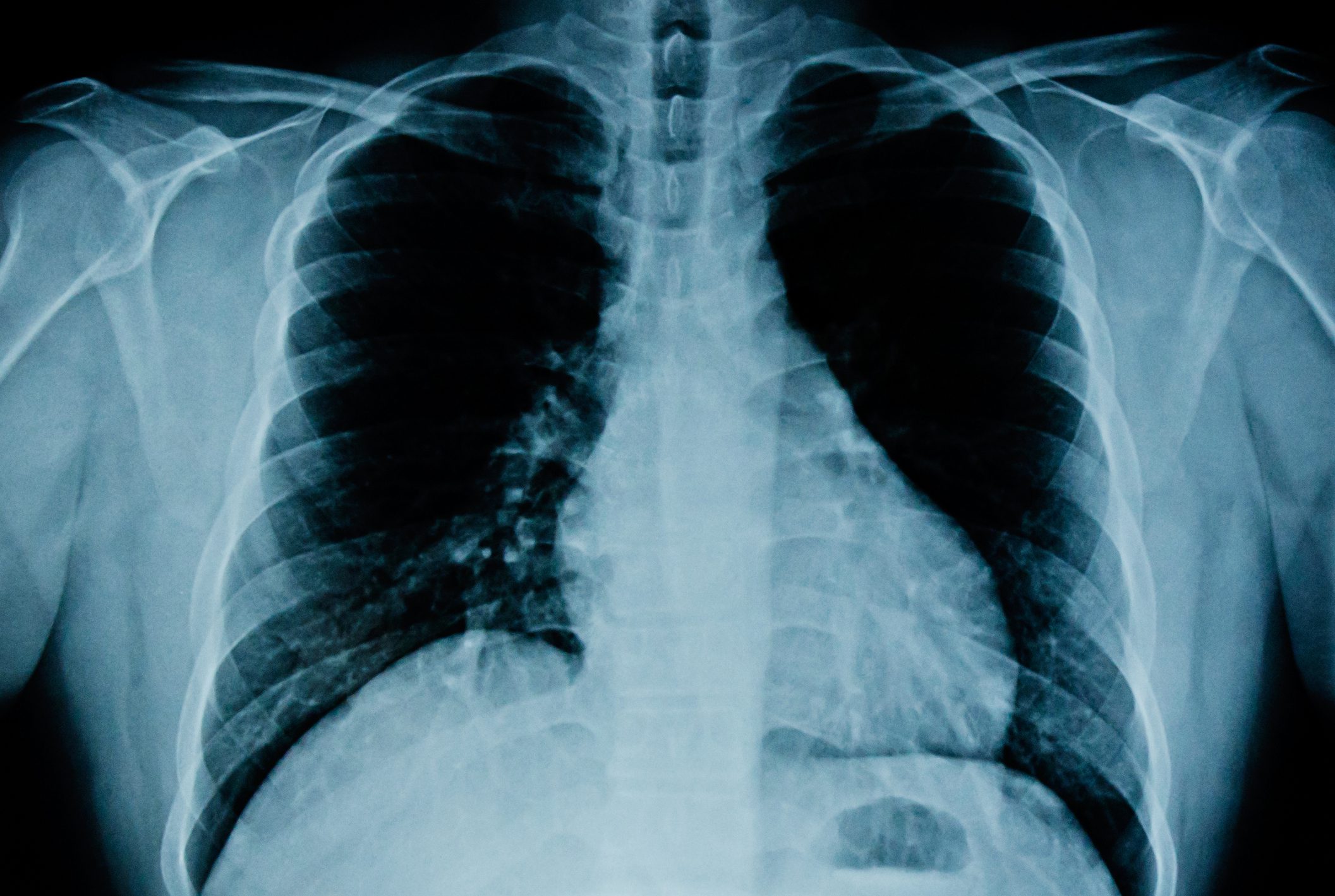The symptoms of ADHD vary depending on age and developmental stage. The psychostimulants available today to treat the disorder are characterized by high efficacy and are generally well tolerated. In addition, lifestyle-related measures should also be included in the treatment concept. This includes, in particular, learning techniques to better structure daily life, although this must be adapted in each case to the age group and to other patient- and environment-related characteristics. A brief reminder on the diagnosis and treatment of ADHD.
Typically, ADHD manifests itself in concentration problems, increased distractibility, forgetfulness, and difficulty following conversations. But even if children repeatedly have minor injuries, this could be an indication of the presence of ADHD – motor clumsiness is often associated with ADHD – explained Eveline Breidenstein, MD, physician and board member of the Swiss ADHD Society [1]. In adult patients, impulsive interaction patterns or speeding accidents may be related to an ADHD-related lack of impulse control. In addition, ADHD in adults is often associated with emotional overreactivity, mood swings, and relationship breakdowns. The speaker cares for many ADHD sufferers in her consultation [1]. They are stressful patients, he said, because they often forget appointments, are late, and sometimes don’t pay their bills on time. In addition, they often get from the hundredth to the thousandth in the consultation hour. In addition, there is an increased risk of drug abuse.
| ADHD and autism spectrum disorders: frequently socialized About 40% of ADHD sufferers have autism symptoms and about 50% of individuals with autism spectrum disorders have ADHD. The gene loci that condition both are close, Dr. Breidenstein explained. The hypersensitivity often found in ADHD patients manifests itself in everyday life, for example, when a normal light source is perceived as bright lighting and a Velcro fastener hurts the ears, the speaker explained. ADHD sufferers are easily distracted by internal and external stimuli. For example, if someone is talking in the hallway, the attention is there and not in the consulting room, he said. “They are very distractible and sometimes hard to reach,” Dr. Breidenstein said. Even small changes in the environment can provide relief, such as drawing curtains or closing windows. |
| according to [1] |
Children with ADHD: retarded brain development
We know from functional imaging studies that synaptic transmission in fronto-striato-parieto-cerebellar networks is reduced in ADHD [1,2] (box). Genetic factors play an important role in the etiopathogenesis of ADHD. It is a polygenetically determined disorder. Heredity accounts for about 60-90%, and environmental factors also trigger the disorder, Dr. Breidenstein explained [1]. For example, parents of ADHD children often also have difficulties themselves in structuring their daily lives and behavior. It is important to know that brain development in children can be delayed by up to five years. This means that there is a gap between chronological age and developmental age. By educating parents about this, you take a lot of pressure out of the system. Children with ADHD sometimes function like second graders in 5th grade, he said, and ADHD adolescents are not adults at age 18, but may not be until age 25. Even when pediatric patients are referred to psychiatrists, the pediatrician/family physician remains an important specialist for ADHD sufferers, in part because therapy slots with child and adolescent psychiatrists are scarce nowadays, according to the speaker [1]. For adolescents, he said, it is also important to consider the implications of ADHD for education, for example, in terms of environment and learning techniques. In general, it is worthwhile to build an ADHD care network, he said.
Adults with ADHD symptoms: missed diagnosis in childhood?
He said there is scientific research showing that the majority of adults with ADHD had never been diagnosed with it in childhood or adolescence. When suspected in adult patients, questionnaire-based screening may be useful. “The WHO screening test is very quick,” said Dr. Breidenstein [1]. The Screening Test with Self-Rating Scale for Adults (ASRS-V1.1) contains 18 items and is designed to assess the main symptomatology of ADHD using the 18 criteria of the DSM-IV [3]. The two subscales attention deficit and hyperactivity/impulsivity can be formed from 9 items each, and a total scale from all 18 items.
Impulsivity is less directly noticeable in adult ADHD sufferers than in children, he said, but it can manifest itself indirectly. For example, one should think of ADHD when women in their 30s come to the consultation with symptoms of fatigue depression. “ADHD women often fall through the cracks,” the speaker suggested, elaborating that they are often less hyperactive and have developed compensatory strategies [1]. Such strategies may include, for example, developing a “paper trail.” If you have children, are a wife and have to function at work, it can become too much over time. “At some point, the strength is not enough and they are exhausted,” Dr. Breidenstein reported [1]. But there are also adult males with an undetected ADHD diagnosis, he said. Often it is those who struggle at school but later go on to graduate from university. This could be partially explained by the fact that, in contrast to school subjects, they developed a great interest in a particular field of study and were thus able to concentrate better.
Clarify somatic comorbidities and possible differential diagnoses
“It’s not all psychological,” said the speaker [1]. She advises getting iron status in ADHD patients. Iron is required for dopamine synthesis. In adults, a target ferritin of 50 ng/ml and in children around 35-40 ng/ml is ideal, he said. Attention should also be paid to possible hormonal dysfunctions; for example, estrogen is involved in dopamine action in the brain, which may explain concentration difficulties in postmenopausal women. It should also be clarified whether a sleep apnea syndrome is present.
The fact that ADHD sufferers have more somatic problems than the general population is due, among other things, to the fact that they eat less carefully or use nicotine, alcohol and cannabis as a form of self-medication. In addition to addiction problems, dental problems are also very common. The latter could also have something to do with patients forgetting or being afraid of dental appointments. In primary care, he said, the goal is to identify risks and to recognize and address self-exaggeration. ADHD sufferers are often “sensation seekers,” he said, seeking the dopamine kick, for example, in high-risk sports. But unwanted pregnancies and sexual infections are also more common, he said. Family physicians should offer help for self-help regarding structuring of daily life and behavior. “Network people so they can get support,” Dr. Breidenstein appealed [1]. There may be networks at the place of residence that can offer relief, such as Spitex or external childcare. If necessary, occupational therapy can also be consulted; under certain conditions, this can be covered by basic insurance.
Stimulants: Ritalin & Co.
Methylphenidate and dexamphetamine are the classic stimulants for ADHD. These are very effective drugs with hardly any interactions and the side effects are manageable, the expert explained [1]. If tic development occurs, the medication may be temporarily discontinued. Serotonin syndrome is very rare in everyday life, he said. In adults, possible effects on blood pressure and pulse (noradrenergic effect) should be kept in mind. In case of overdose, depressive symptoms may manifest – this can be counteracted with a dose reduction. There are various methylphenidate (MPH) preparations available in Switzerland [4] (Tab. 1). The short-acting, i.e. the non-retarded MPH (Ritalin®, Medikinet®), is effective for 3-4 hours; it is necessary to top up for the afternoon. The advantage is that the appetite suppression that occurs as a side effect at midday is somewhat less. Medikinet® MR or Ritalin® LA and Focalin® are effective for medium durations. The effect lasts for about seven hours. In Concerta®, the duration of action is about ten hours [4]. Whereby pharmacokinetics and dynamics also vary interindividually, the speaker said [1].
Literature:
- «ADHS-Diagnosen suchen und geeignete Behandlungen finden – Diagnostik, Medikation und Umgang mit ADHS in der Hausarztpraxis», Dr. med. Eveline Breidenstein, Fortbildungstagung des Kollegiums für Hausarztmedizin, 22.–23.06.2023.
- Purper-Ouakil D, et al.: Neurobiology of attention deficit/hyperactivity disorder. Pediatr Res 2011 69:69R–76R. 10.1203/PDR.0b013e318212b40f
- Adler LA, Kessler R, Spencer T: Adult Self Report Scale, ASRS-V1.1 Screener. New York: World Health Organization, 2003.
- Arzneimittelinformation, www.swissmedicinfo.ch, (letzter Abruf 10.07.2023)
- Dosage and Equivalence Table Methylphenidate Preparations, www.praxis-suchtmedizin.ch/images/stories/medikamente/20201216_DE_
Methylphenidate_equivalence_table.pdf, (last accessed 07/10/2023).
InFo NEUROLOGY & PSYCHIATRY 2023; 21(5): 40-41. (published 10/22-23, ahead of print)














